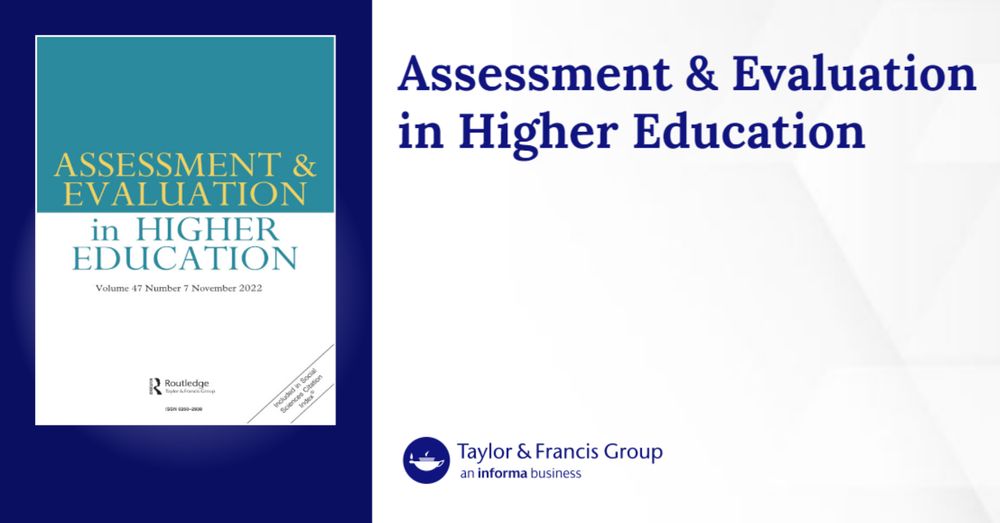
Who doesn’t love authentic assessment. But is it always good? Does it have magical properties? Or does it require careful negotiation of design considerations, purposes and trade-offs?
New open access paper
www.tandfonline.com/doi/full/10....
Watch Prof. Tristan Kennedy DVC Indigenous (Monash), Dr Tamika Worrell (Centre for Critical Indigenous Studies, Macquarie), chaired by Prof. Claire Palermo.
teaching-community.monash.edu/respecting-i...
Watch Prof. Tristan Kennedy DVC Indigenous (Monash), Dr Tamika Worrell (Centre for Critical Indigenous Studies, Macquarie), chaired by Prof. Claire Palermo.
teaching-community.monash.edu/respecting-i...
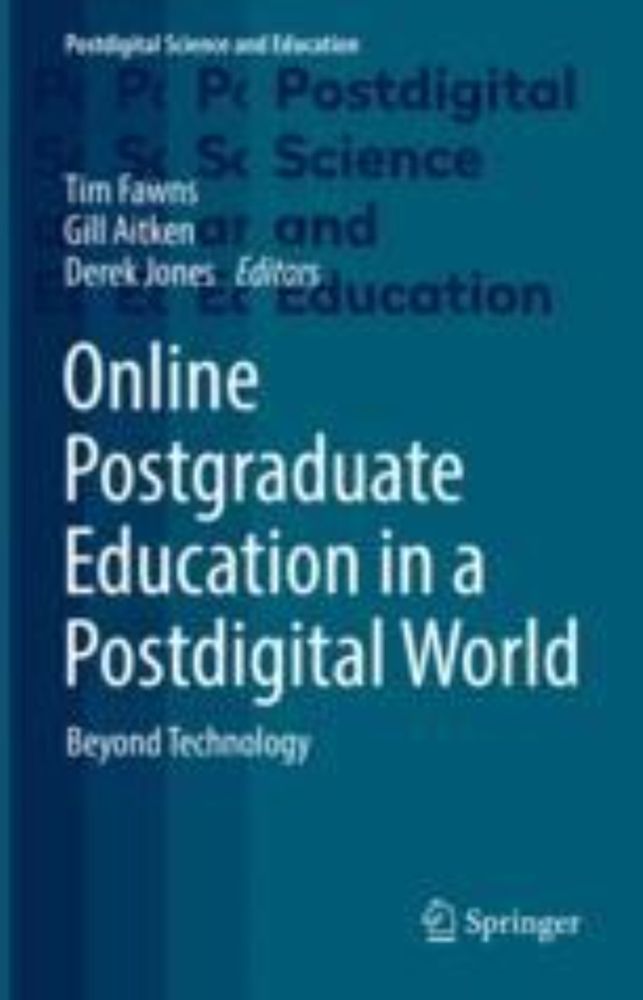
Survey of 7k students from 4 Aus unis. Students valued GenAI feedback ease of access, timeliness, volume, understandability + felt less risky than seeking teacher feedback. But...

Survey of 7k students from 4 Aus unis. Students valued GenAI feedback ease of access, timeliness, volume, understandability + felt less risky than seeking teacher feedback. But...
academic.oup.com/book/59599/c...
It critiques simplistic claims about effects of technology on memory. DM if you can't access it.
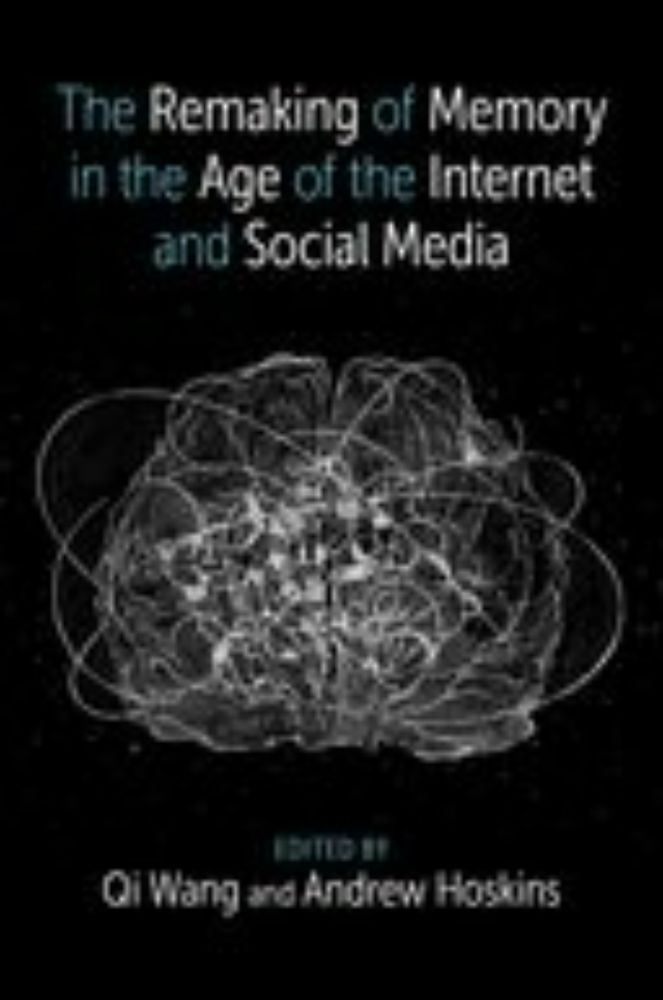
academic.oup.com/book/59599/c...
It critiques simplistic claims about effects of technology on memory. DM if you can't access it.
www.tandfonline.com/doi/full/10....
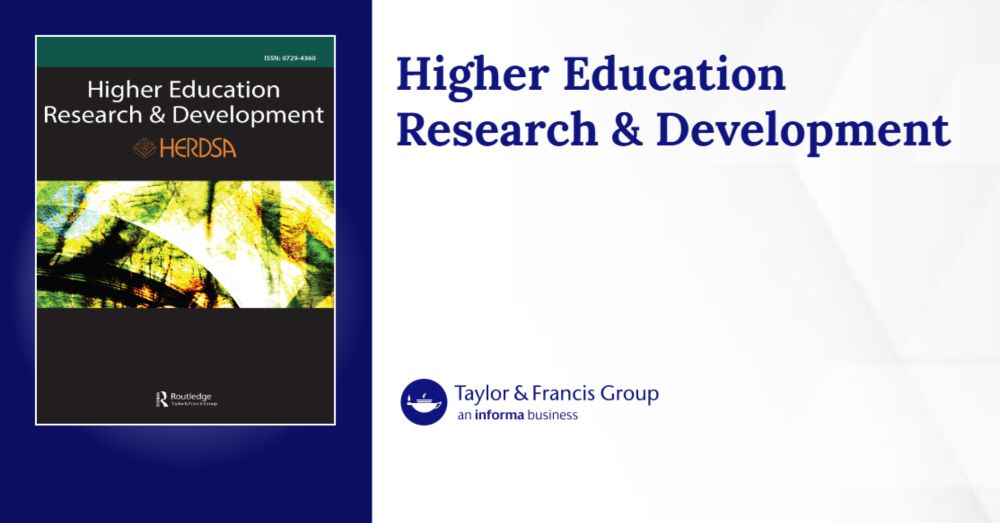
www.tandfonline.com/doi/full/10....
Do you have examples (real or hypothetical) that you can offer for discussion?
Do you have examples (real or hypothetical) that you can offer for discussion?
@timbocop.bsky.social, seen this paper by Kathleen & Edd yet? Just another facet to feedback. www.tandfonline.com/doi/full/10....
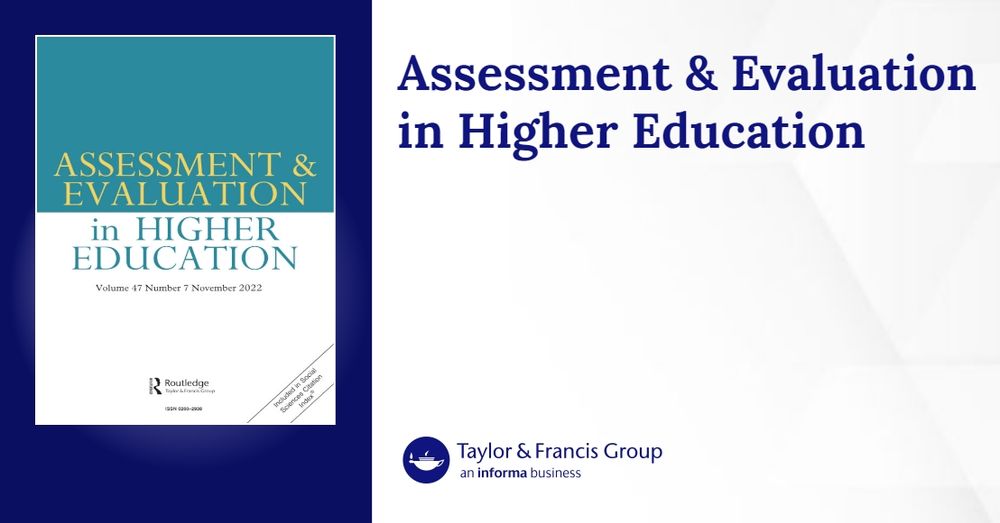
@timbocop.bsky.social, seen this paper by Kathleen & Edd yet? Just another facet to feedback. www.tandfonline.com/doi/full/10....
I presented a pecha kucha with Margaret Bearman and Michael Henderson about our aiinhe.org Student Perspectives on AI in Higher Education study at #ASCILITE2024 at the Uni of Melbourne, while simultaneously...
I presented a pecha kucha with Margaret Bearman and Michael Henderson about our aiinhe.org Student Perspectives on AI in Higher Education study at #ASCILITE2024 at the Uni of Melbourne, while simultaneously...
This is what I call success. Congrats to co-editors Gill Aitken & Derek Jones and our great authors.
link.springer.com/book/10.1007...
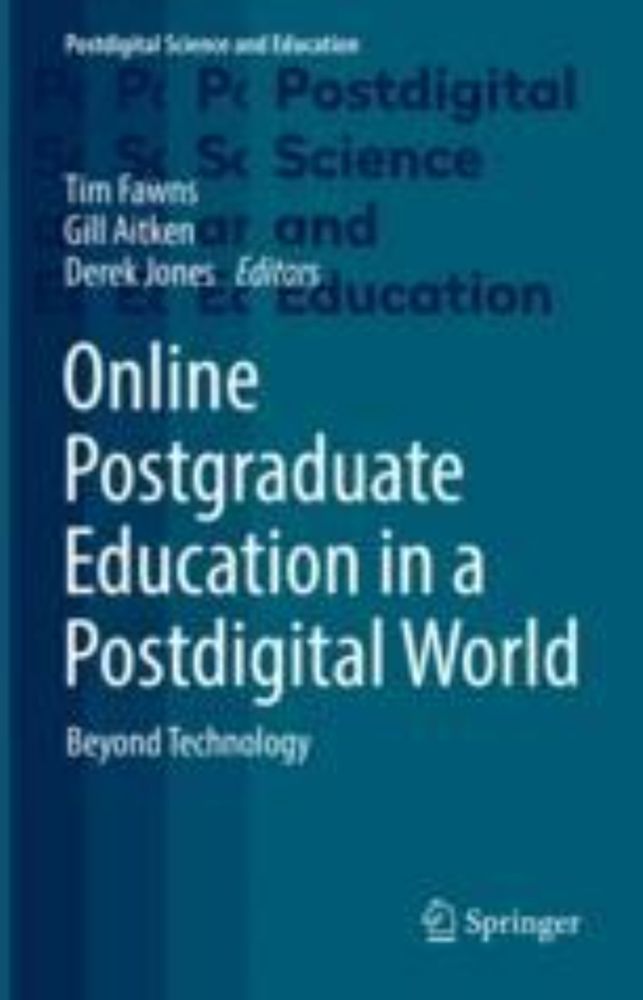
This is what I call success. Congrats to co-editors Gill Aitken & Derek Jones and our great authors.
link.springer.com/book/10.1007...
AI literacy, if that's the construct we're using, is something to develop collectively rather than individually.
AI literacy, if that's the construct we're using, is something to develop collectively rather than individually.
Thank you @timbocop.bsky.social et al
Here is a link to the original and openly accessible article:
tandfonline.com/doi/full/10.10…
Authentic assessment is not an educational panaceawww.timeshighereducation.com/opinion/auth...ea
Thank you @timbocop.bsky.social et al
Here is a link to the original and openly accessible article:
tandfonline.com/doi/full/10.10…
Authentic assessment is not an educational panaceawww.timeshighereducation.com/opinion/auth...ea
www.timeshighereducation.com/opinion/auth...
@timeshighered.bsky.social on design, tradeoffs & assumptions that authentic assessment will solve cheating, inclusion & preparing graduates for futures.
Full paper here: www.tandfonline.com/doi/full/10....

www.timeshighereducation.com/opinion/auth...
@timeshighered.bsky.social on design, tradeoffs & assumptions that authentic assessment will solve cheating, inclusion & preparing graduates for futures.
Full paper here: www.tandfonline.com/doi/full/10....
#AcademicSky #EduSky

#AcademicSky #EduSky
www.timeshighereducation.com/opinion/auth...

www.timeshighereducation.com/opinion/auth...
cic.uts.edu.au/events/colle...
In advance of symposium 6th December.
Lots of great people involved + me.
cic.uts.edu.au/events/colle...
In advance of symposium 6th December.
Lots of great people involved + me.
Who doesn’t love authentic assessment. But is it always good? Does it have magical properties? Or does it require careful negotiation of design considerations, purposes and trade-offs?
New open access paper
www.tandfonline.com/doi/full/10....

Who doesn’t love authentic assessment. But is it always good? Does it have magical properties? Or does it require careful negotiation of design considerations, purposes and trade-offs?
New open access paper
www.tandfonline.com/doi/full/10....

